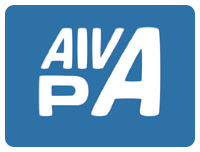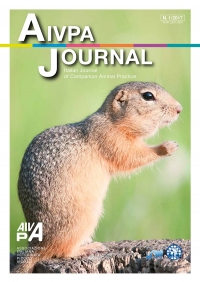Microbioma, dieta, disturbi gastroenterici e disbiosi
Microbiome, diet, gastrointestinal disease and dysbiosis
Authors
Cerquetella M., Rossi G.
School of Biosciences and Veterinary Medicine,
University of Camerino, Via Circonvallazione 93/95 – 62024, Matelica (MC), Italy
Suchodolski J.
Gastrointestinal Laboratory, Department of Small Animal Clinical Sciences,
College of Veterinary Medicine and Biomedical Sciences, Texas A&M University, College Station, TX, USA
Summary
Intestinal microbiota is the set of microorganisms (bacteria, fungi, archaea, protozoa, and viruses) present inside the gut; bacteria are of fundamental importance because they help maintain gut homeostasis by competing with pathogens, by regulating energy metabolism and also producing immunomodulatory substrates such as short-chain fatty acids (i.e. acetate, propionate, butyrate). Shifts in microbial communities are due to disease, drug administration, diet, etc., and in recent years, the study of gut microbiome (DNA-based techniques) has better defined/characterized this relationship in many cases. The link between microbiome (dysbiosis) and health and disease is very complex and still far to be completely understood. We wanted to underline the importance of diet in modulating gut microbiome, possibly a useful tool also in term of disease prevention, and of microbial-microbial signaling. Even more we wanted to stress that it will be fundamental to better characterize dysbiosis, cause this may guide treatment decisions.
Keywords
fecal microbiome, diet, dysbiosis, microbial signaling


